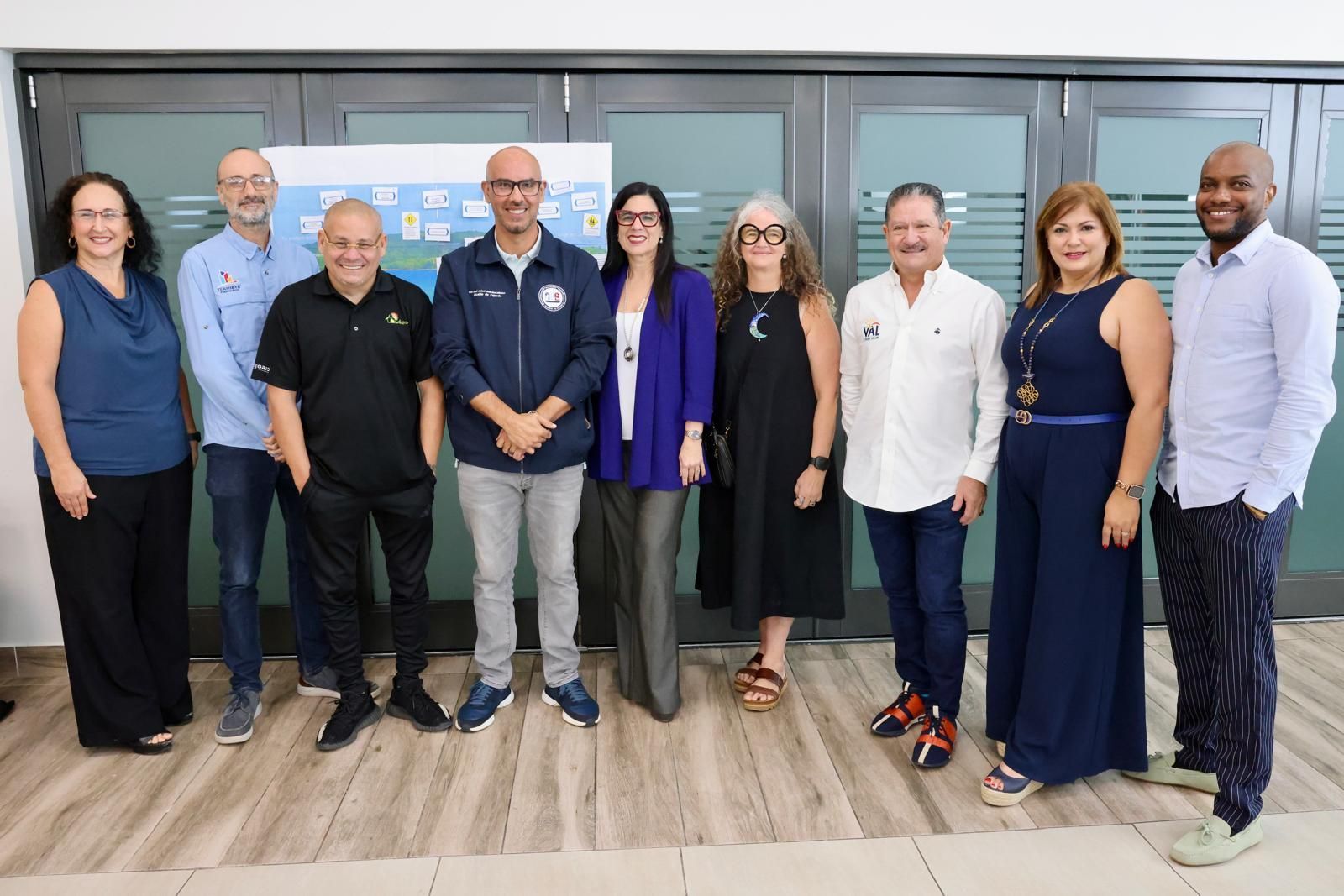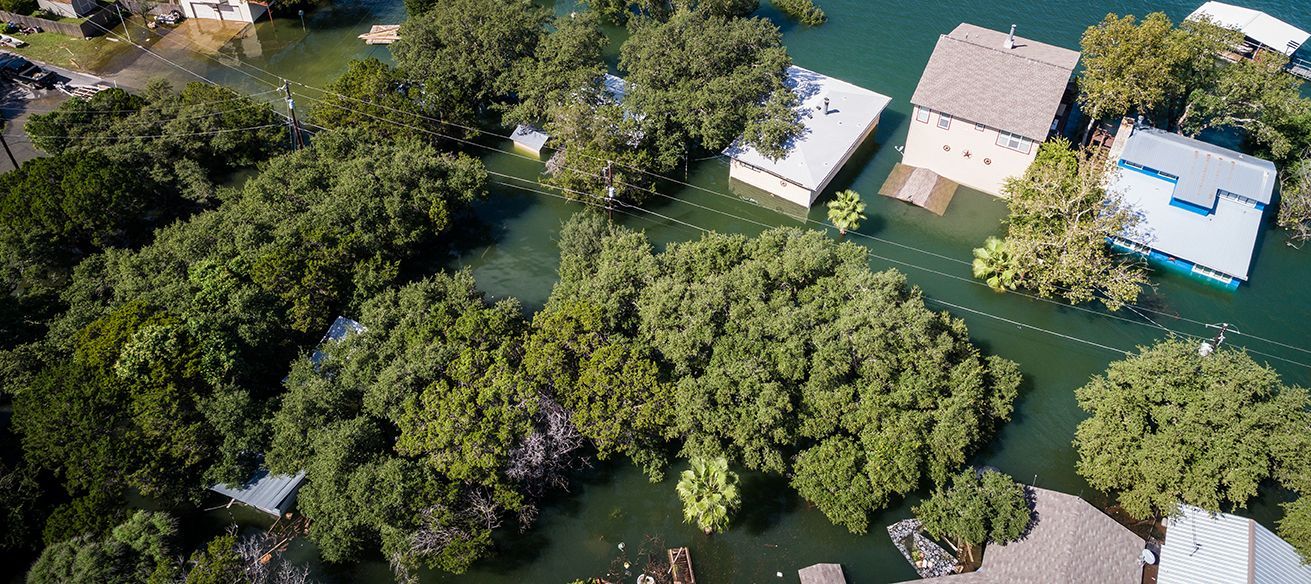IBTS Accepts Invitation to Participate in PR100 Advisory Group
Share this article:

The Institute for Building Technology and Safety (IBTS) is pleased to announce that it has accepted an invitation from the National Renewable Energy Laboratory (NREL) to participate in the Puerto Rico Energy System Recovery and Resilience Advisory Group, part of the Puerto Rico Grid Resilience and Transition to 100% Renewable Energy Study, or PR100.
The PR100 Study is a new effort in the ongoing work to provide reliable, affordable, and resilient electricity to every city and community in Puerto Rico. Researchers will leverage the capabilities of the U.S. Department of Energy (DOE) National Labs and insight from the community to set multiple pathways for Puerto Rico to meet its target of 100% renewable electricity by 2050. The rigorous analysis and advanced modeling will demonstrate the mix of solar photovoltaic, battery energy storage, wind energy, and other infrastructure that is most achievable, cost-effective, and resilient.
Robust stakeholder input will play a critical role in the PR100 effort. The Advisory Group will meet regularly to provide rigorous, relevant, external perspectives to the National Laboratories, and assist them with filling in technical gaps; providing input on project methods, results, and products; disseminating tools and resources to their networks; and breaking down barriers to implementation.
IBTS is excited to contribute to the PR100 study, which aligns with its efforts to help the Island build a stronger, safer, more resilient future. The nonprofit organization, which has been providing solar quality assurance services in Puerto Rico since 2013, established its Puerto Rico Region Office following the 2017 hurricanes. Since then, IBTS has performed over 7,500 solar inspections and plan reviews, conducted municipal resilience assessments in all 78 municipalities, managed FEMA and CDBG-DR grant programs, and provided technical assistance and training on renewable energy, code compliance, and resilience.
“The PR100 Study is extraordinary in its scope and efforts to convene the people, entities, ideas, and expertise that Puerto Rico needs to usher in its resilient energy future,” says Chris Fennell, IBTS’ Chief Development Officer, who will represent IBTS on the Advisory Group. “Having partnered with municipalities, government agencies, community organizations, and public and private sector entities across the Island over the past several years, we know that collaboration is a critical component of success,” he continued. “We are honored to participate and lend our knowledge and experience to this important effort.”
More information about the study will be shared during an informational webinar on February 16, 2022, at 12 p.m. Atlantic Time, 11:00 a.m. Eastern Time: https://bit.ly/PR100Study. Spanish interpretation will be provided.
ABOUT IBTS
IBTS is a national nonprofit organization and trusted advisor and partner to local, state, and federal governments. The organization provides building code expertise; federal grants management; disaster planning, mitigation, and recovery expertise; local government solutions; solar quality assurance; and resilience services. IBTS’ work is guided by a Board of Directors with representatives from the Council of State Governments (CSG), the International City/County Management Association (ICMA), the National Association of Counties (NACo), the National Governor’s Association, and the National League of Cities (NLC).
Media Contact:
Karen Johnson
Market Engagement Program Director
571.357.4820 | kjohnson@ibts.org





